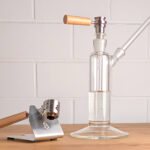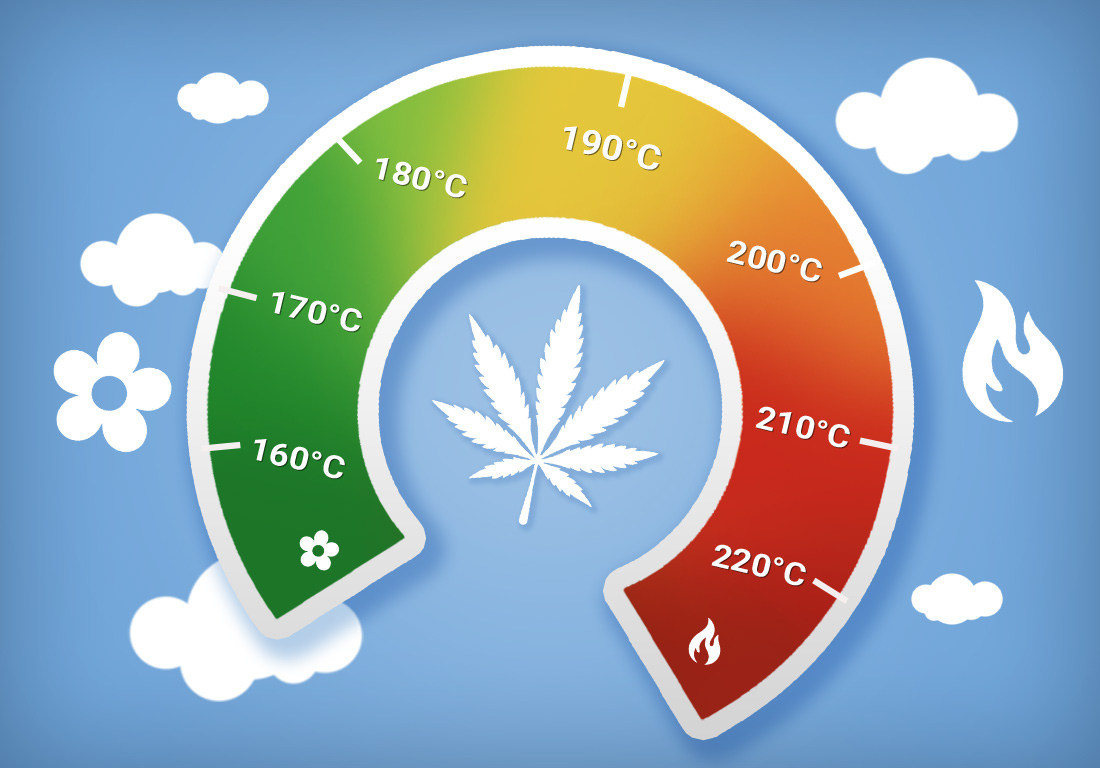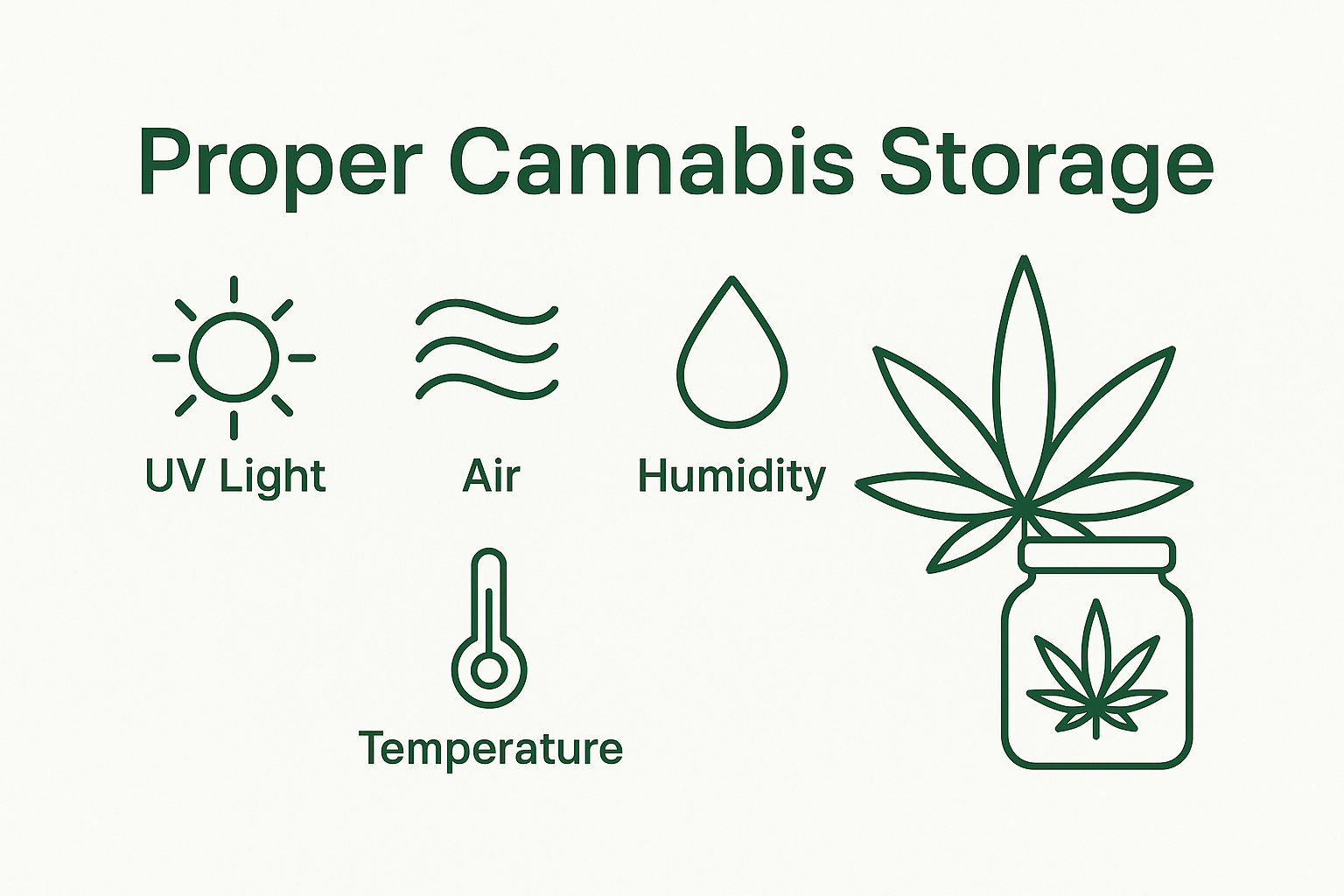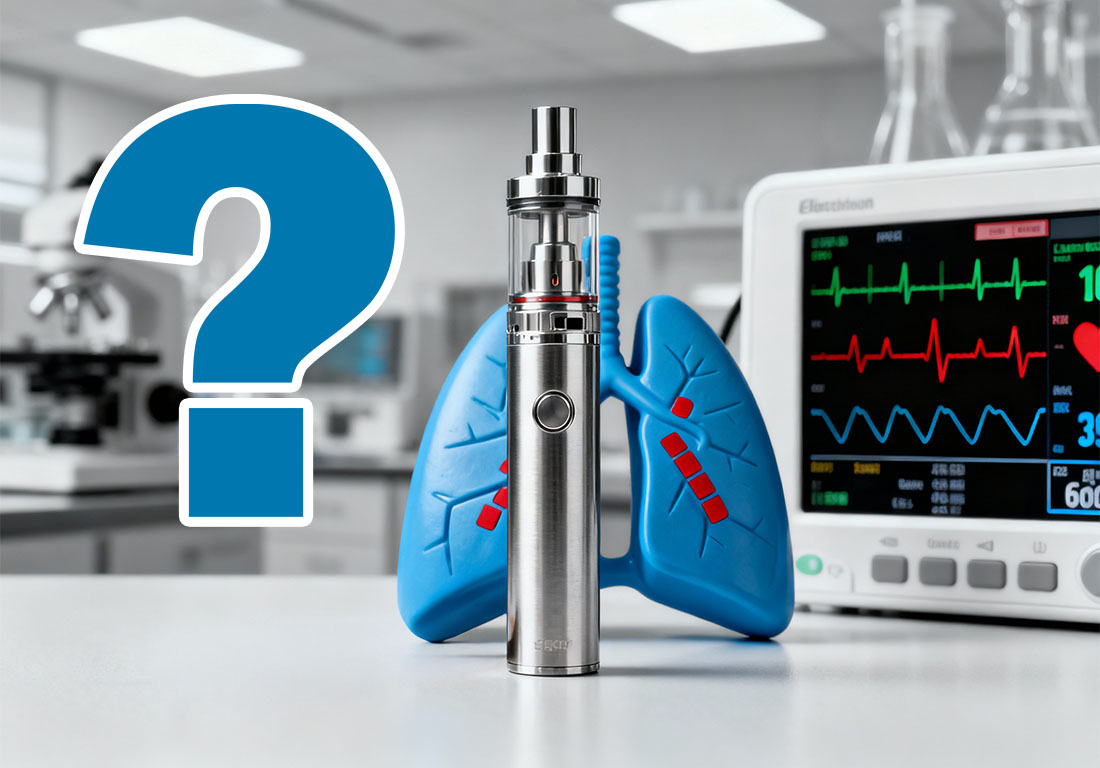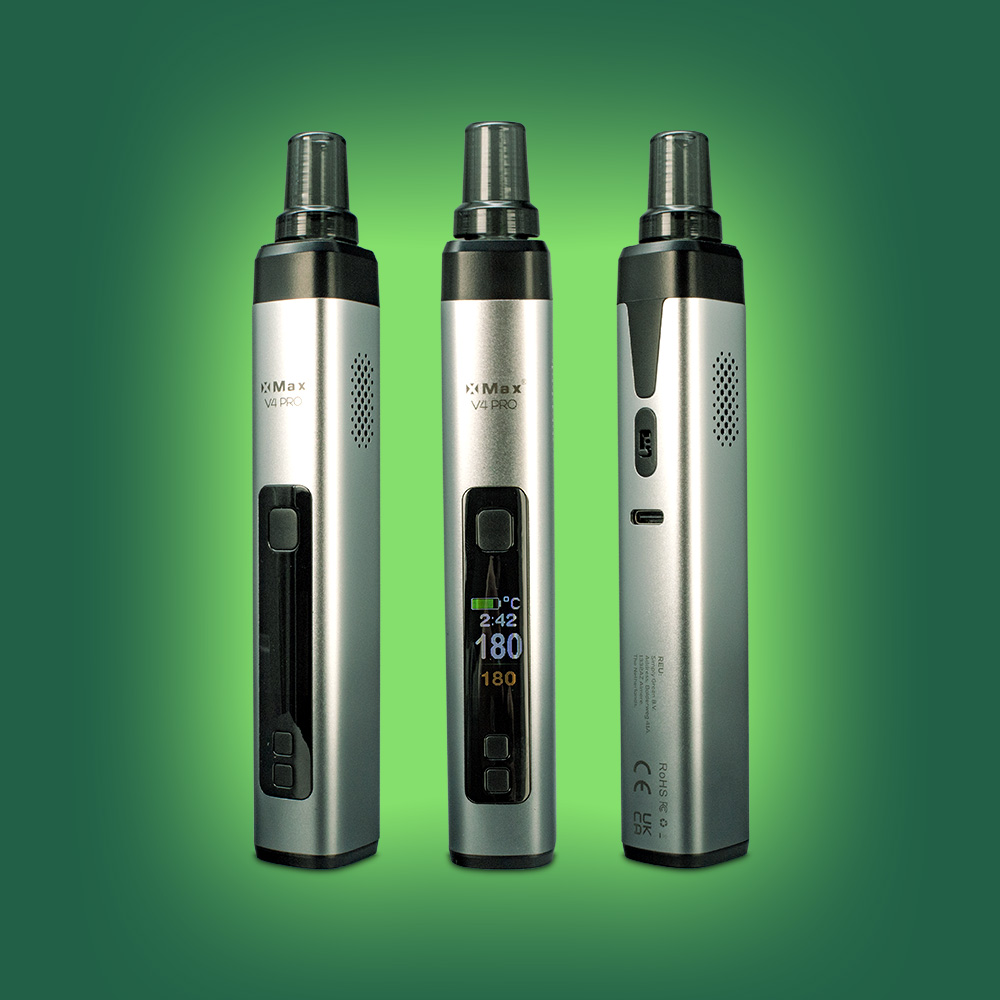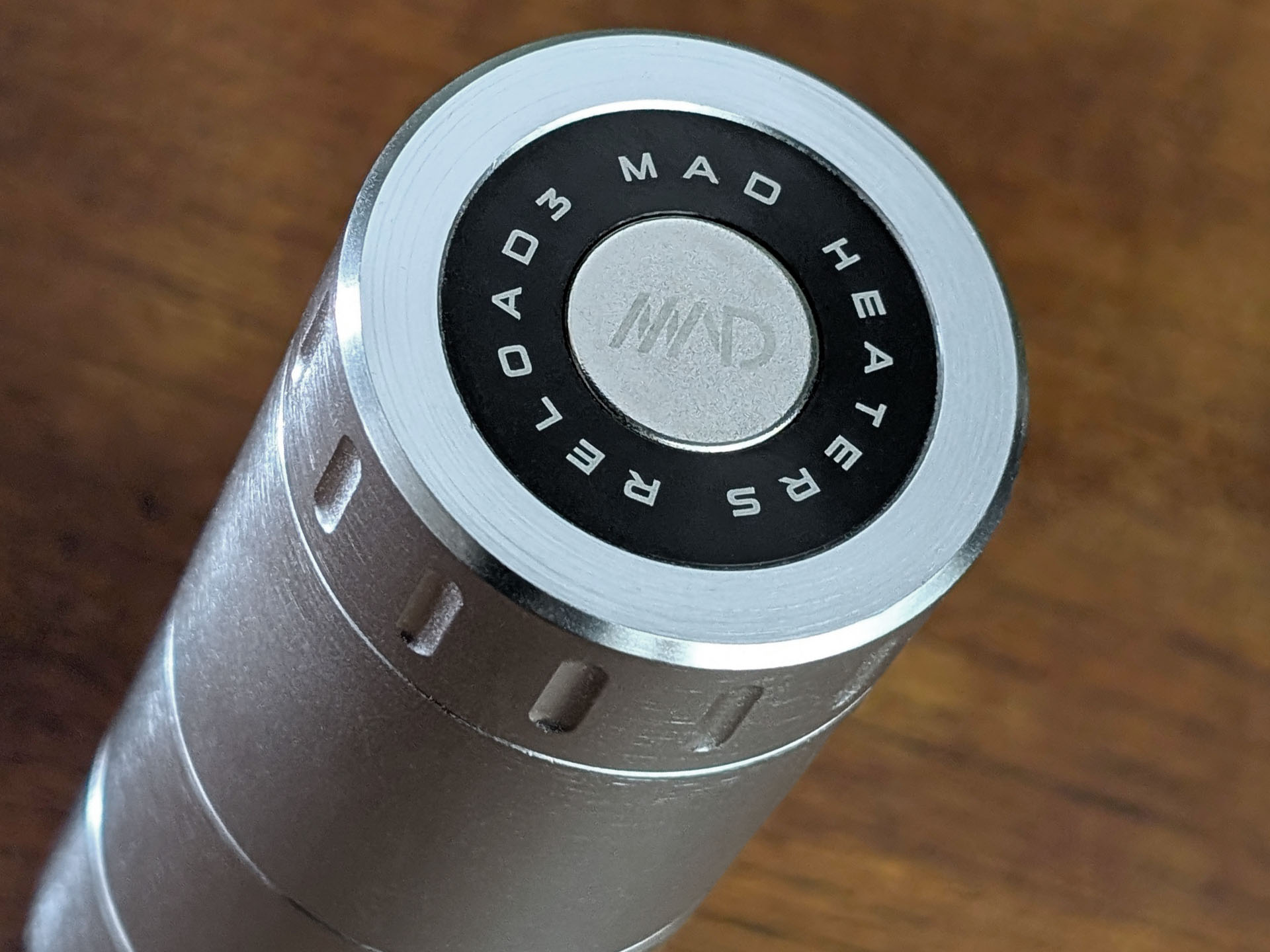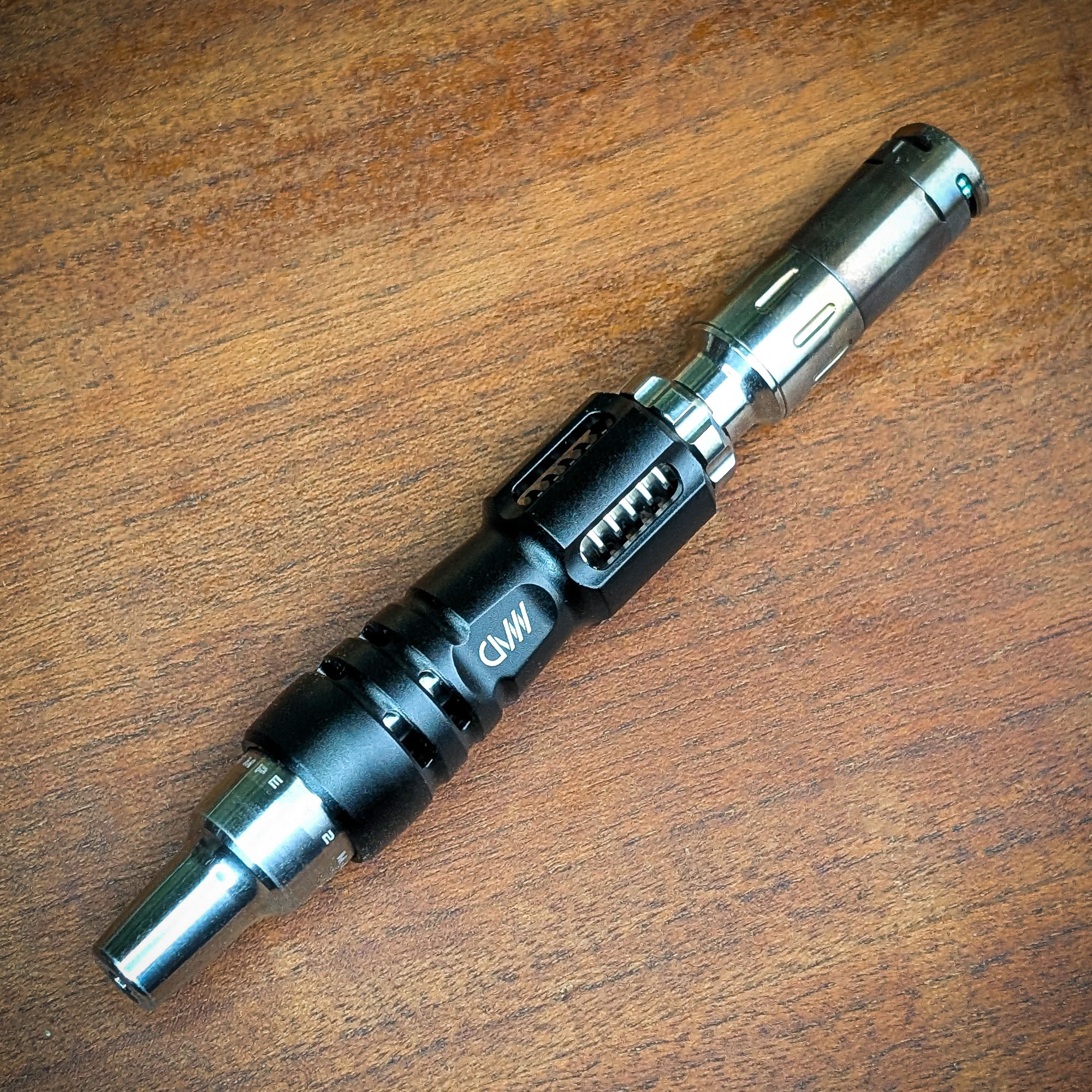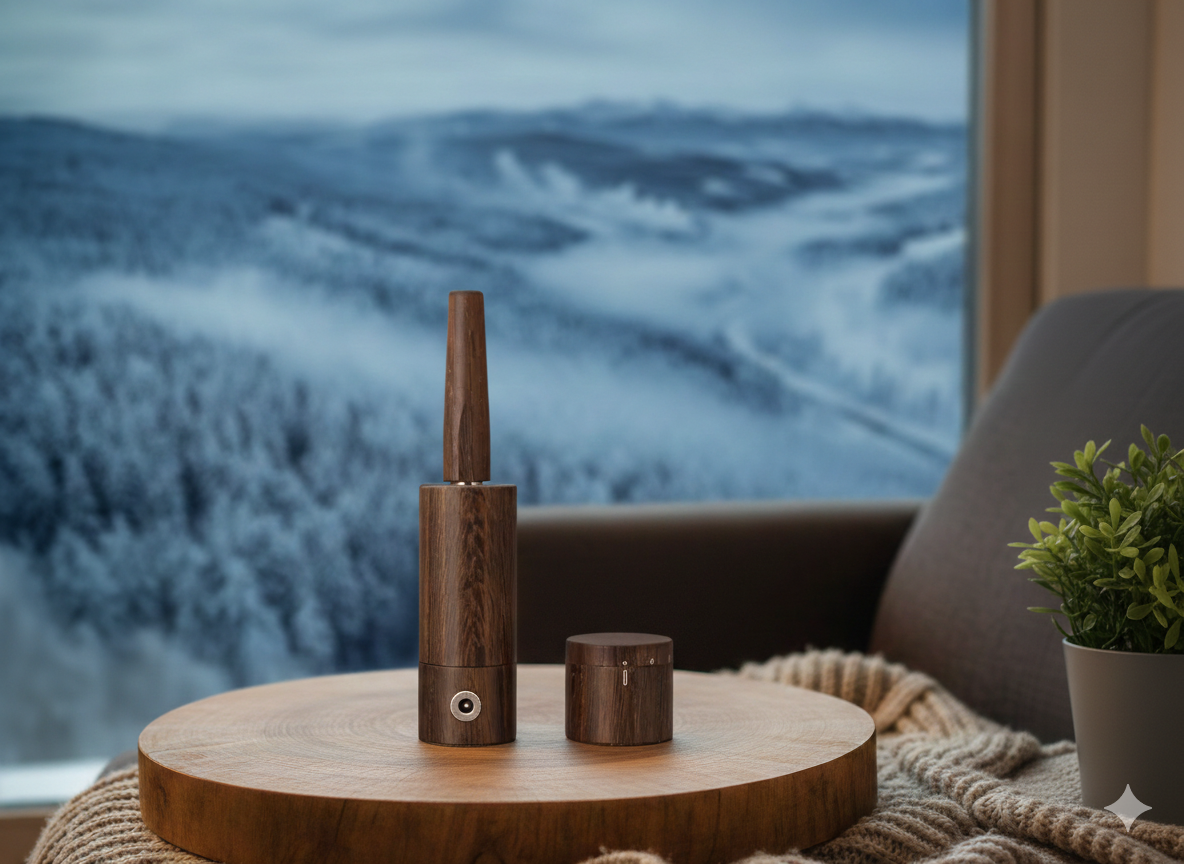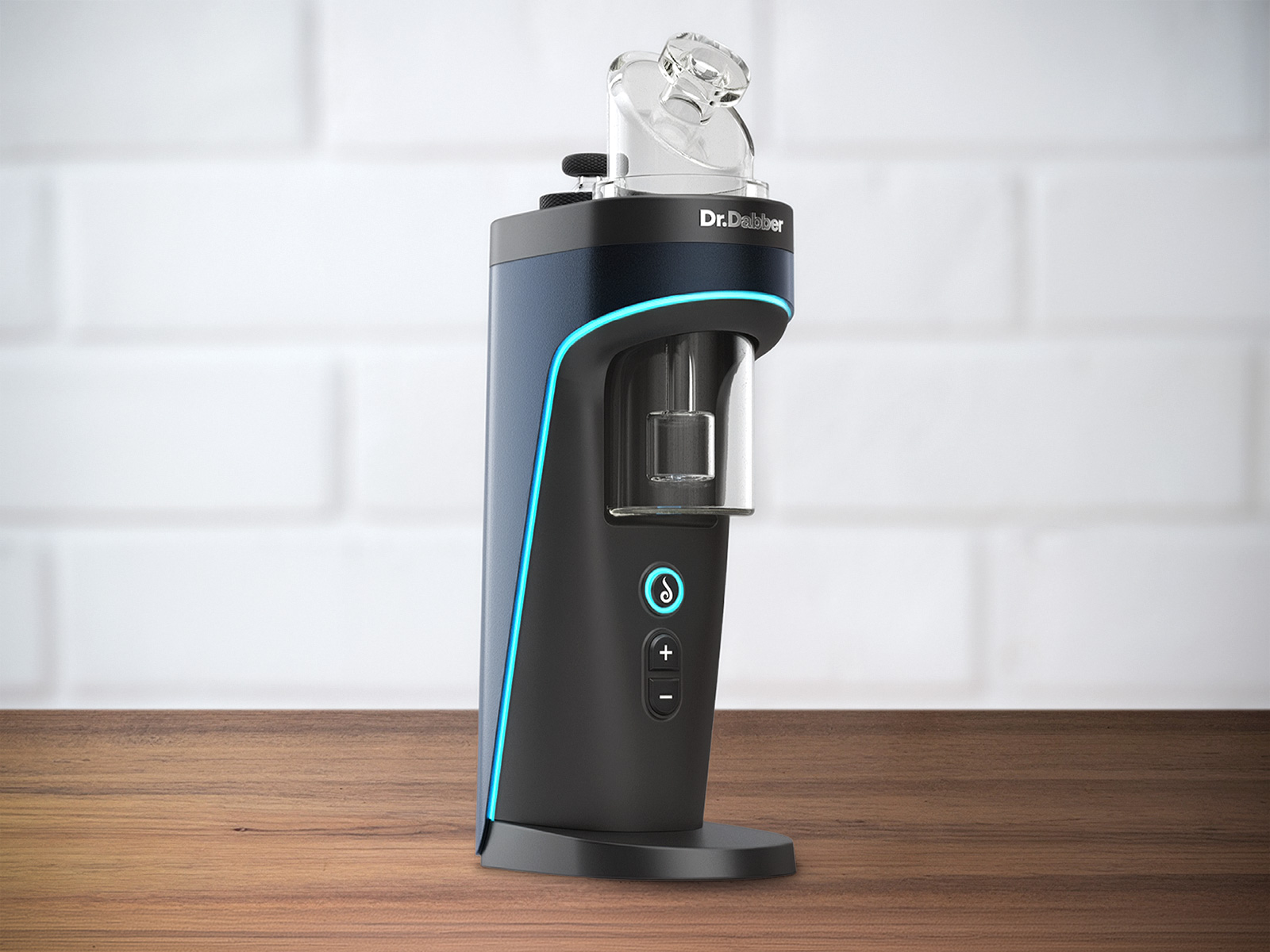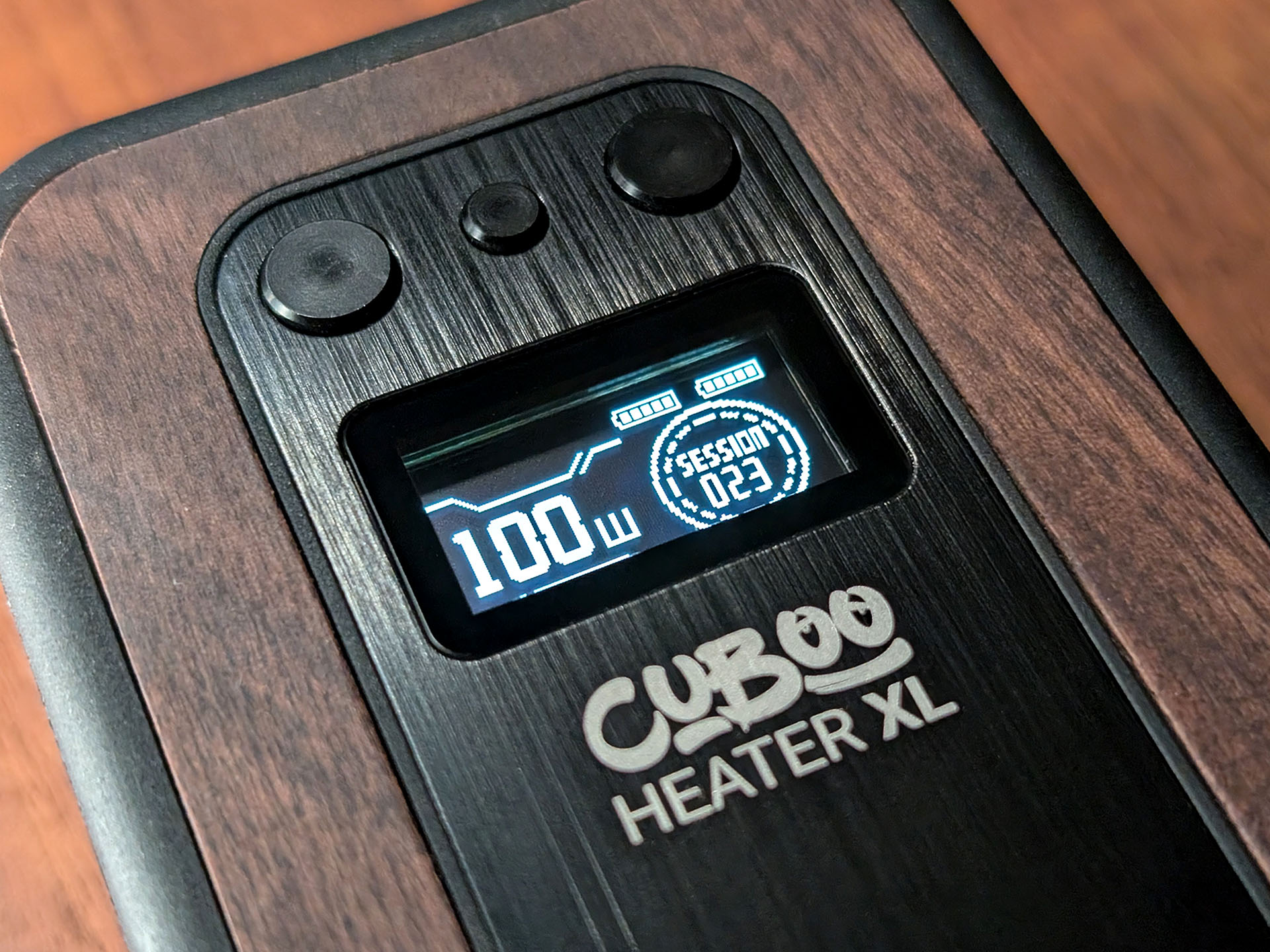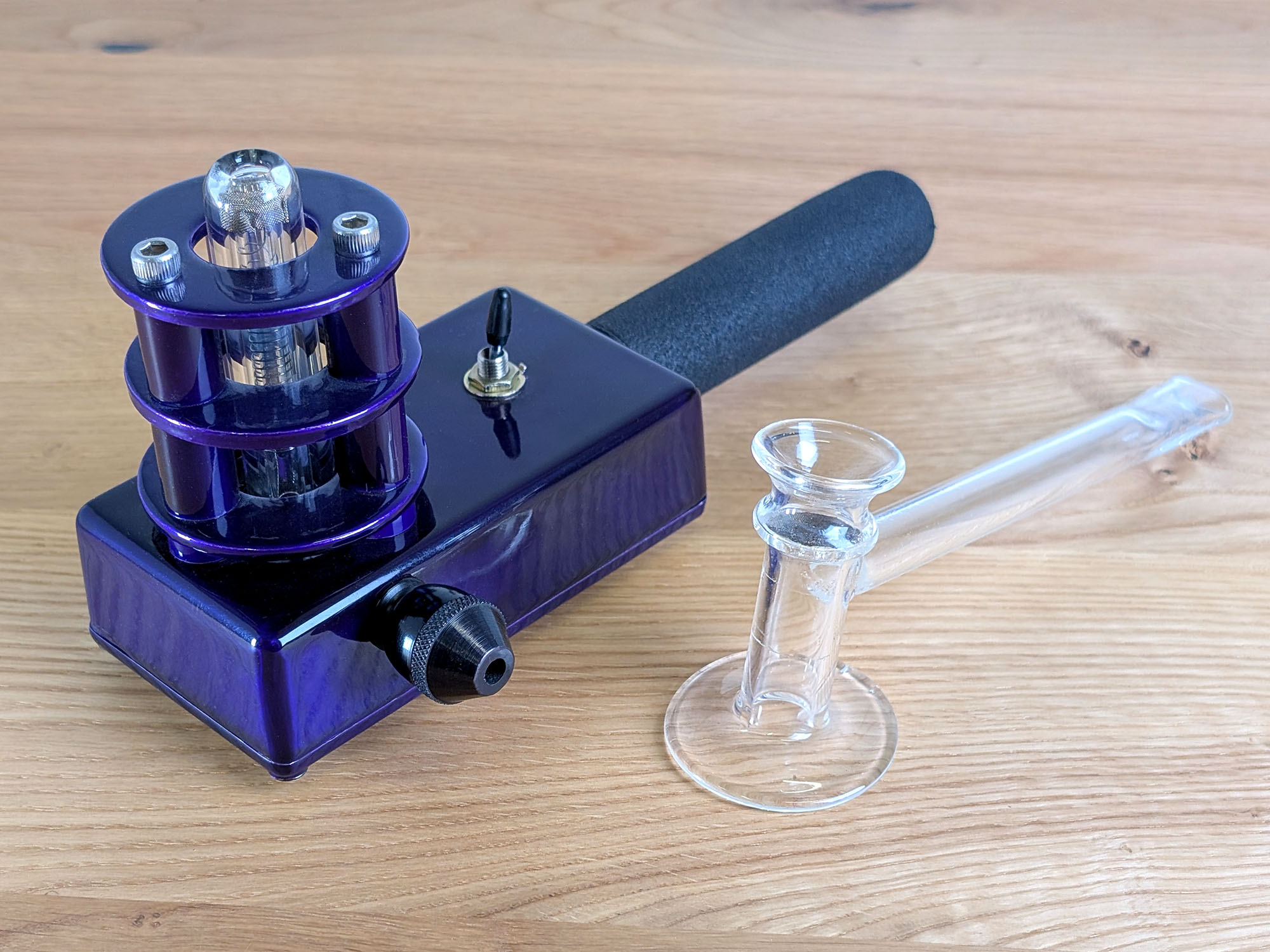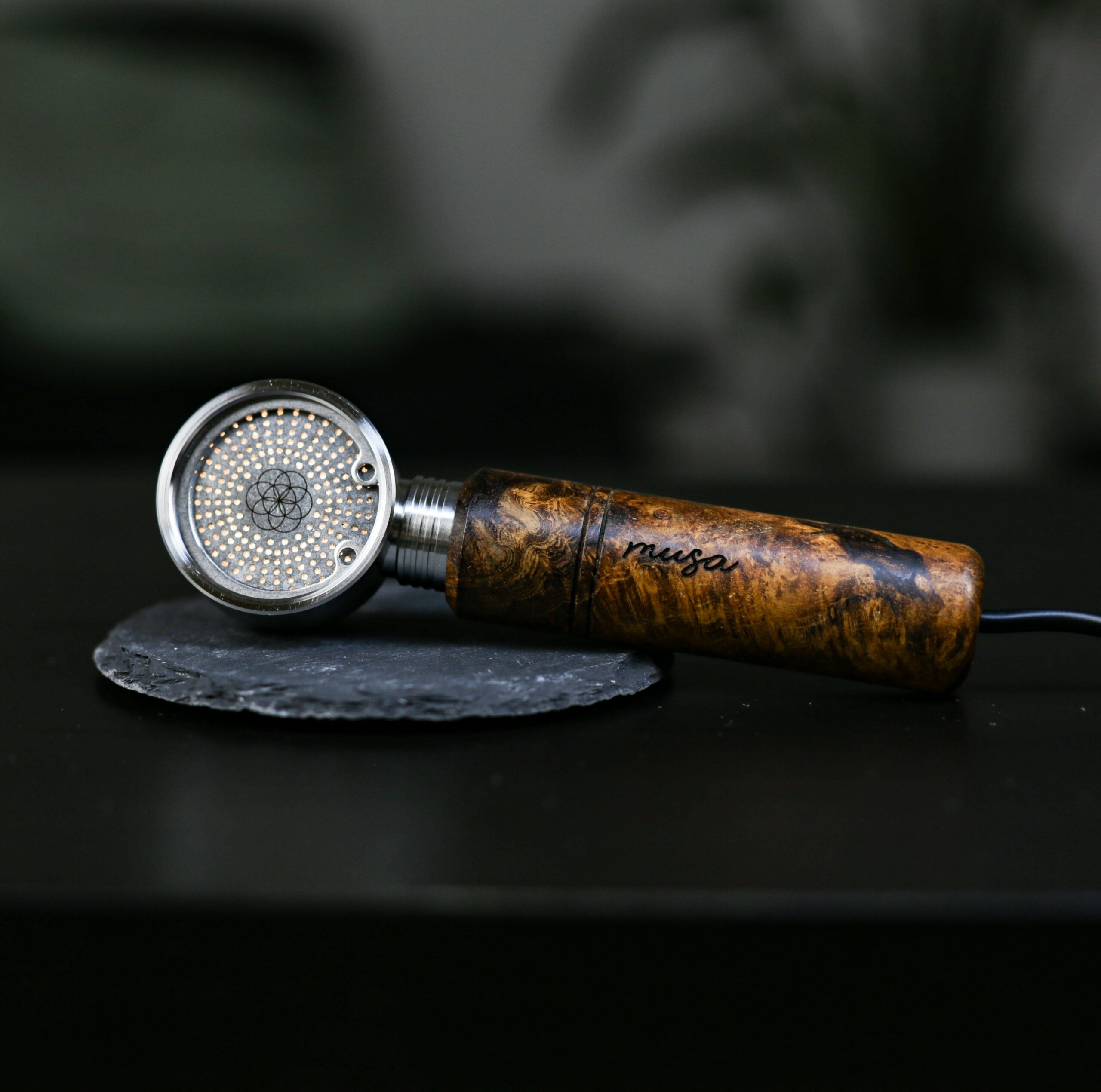Inhaltsverzeichnis
What is CBD?
CBD stands for Cannabidiol, which is extracted from industrial hemp (Cannabis) using specialized extraction methods and then mixed with a carrier oil, which can also be hemp cooking oil, for example. More and more people are becoming interested in cannabidiol, its mechanisms of action, and possible applications, particularly its use in vaporizers.
Users attribute anxiety-relieving and antispasmodic effects to CBD. Without being a psychoactive substance or causing drowsiness, CBD is said to relieve pain and offer many other positive health-related benefits. The mechanisms and applications of CBD are increasingly being studied in scientific research.
In food or dietary supplements, CBD is not marketable according to the Federal Office for Consumer Protection and Food Safety, even though it is often advertised as a miracle remedy for all kinds of ailments. Most products are therefore approved as cosmetics, such as sprays for oral hygiene. At the same time, hemp has been a plant with a wide variety of uses for centuries and is therefore deeply connected to human history.
The most important components of the cannabis plant for medical or pharmacological purposes include terpenes and cannabinoids, which also include CBD (cannabidiol) and THC (delta-9-tetrahydrocannabinol). Cannabinoids, the active compounds from the hemp plant, attach to corresponding receptors in the nervous system and act on the endocannabinoid system (ECS), which is also present in the human body.
The body produces endocannabinoids itself (e.g., anandamide), while phytocannabinoids are found in the cannabis plant or in hemp products such as hemp oil, capsules, or drops.
Difference Between CBD and THC and Their Mechanisms of Action
To avoid confusion, we briefly explain the different terms when it comes to CBD/cannabidiol. Cannabis is the Latin name of the plant from which CBD and THC are extracted. The plant produces inactive THCA and CBDA, which are converted into THC and CBD through heating.
CBD, an active compound of the cannabis plant, is also present in industrial hemp. In the EU, manufacturers do extract hemp from the flower, but only use varieties with low THC content.
Hemp, including industrial hemp, contains CBD, but usually less than 0.2% tetrahydrocannabinol (THC). Industrial hemp is specifically cultivated for the production of CBD and hemp cosmetics and is sometimes referred to as industrial hemp.
In contrast to THC, the psychoactive compound in cannabis, CBD does not have intoxicating effects. On the contrary, CBD is said to even counteract the psychoactive effects of THC and is therefore increasingly popular. For this reason, there are now many preparations that contain pure CBD, allowing users to benefit from its positive effects without experiencing the psychoactive effects of THC.
CBD Products at Verdampftnochmal
There is a wide range of CBD products available in water- or oil-based formulations with varying CBD content. Products range from highly diluted solutions (1% CBD) to highly concentrated crystalline extracts (99% CBD).
CBD oils are available as full-spectrum or broad-spectrum products. Full-spectrum products contain the entire spectrum of the hemp plant, including terpenes, flavonoids, and other cannabinoids naturally occurring in the plant.
At Verdampftnochmal, you will find a large selection of CBD products to enhance your well-being.
We offer:
- Drops from Enecta in various dosages, e.g., 2400mg CBD.
- CBD drops specifically designed for pets such as dogs and cats.
- CBD capsules for oral intake.
- CBD crystals with 99%, suitable for vaporizing.
- CBD concentrate, suitable for vaporizing.
- CBD ointment
Applications of Cannabidiol
In general, CBD is said to have a calming and relaxing effect, and no side effects are reported. However, to be safe, it is recommended to consult your doctor. The mechanisms and applications of CBD are often mentioned in connection with relaxation, pain relief, and stress reduction.
CBD exists in various forms. There are drops, capsules, oils, extracts, and other types of the isolated compound. When heated, CBD bound in CBD acid (CBDa) is decarboxylated. This produces CBD in its phenolic form, where it is most effective. For this reason, vaporizing the compound proves to be a very suitable method of CBD consumption.
Inhaling compounds is a common method of administration and provides a fast and direct entry into the bloodstream. Since vaporizing, unlike combustion, allows for the selective release of active compounds, this method is both highly effective and gentle. For CBD in a vaporizer, the temperature is slightly higher than for THC, around 200 °C ± 10 °C.
However, not every vaporizer is suitable for vaporizing CBD. Since the extracts become liquid when heated, an appropriate device is required. Many vaporizers come with special inserts in the form of oil capsules or droplet pads. These are specifically designed for the use of oils and liquids and are available for a variety of devices. Some high-end devices, such as the Herborizer Ti, even have dedicated attachments for vaporizing oils and extracts. Pen vaporizers like the Utillian 5 are very popular for mobile use. In an e-cigarette, CBD liquids of various strengths can be vaporized.
Is CBD Legal?
THC-free hemp products or those with an unobjectionable residual content and a concentration of less than 0.2%, as is regularly the case with industrial hemp certified in the EU, do not fall under the Narcotic Drugs Act (Betäubungsmittelgesetz – BtmG). Since the Cannabis Act (“CanG”) came into force on April 1, 2024, the private possession and cultivation of cannabis for adults in Germany has been legalized under certain conditions. Nevertheless, a separate legal assessment continues to apply to CBD products: Even if the narcotic drugs law has been changed by the legalization, certain requirements for the distribution of CBD products remain in place.
Get inspired and discover which CBD products suit your individual needs.

